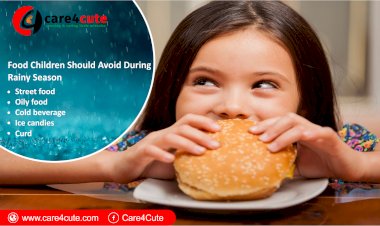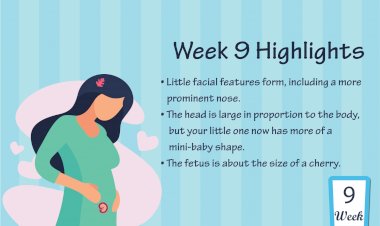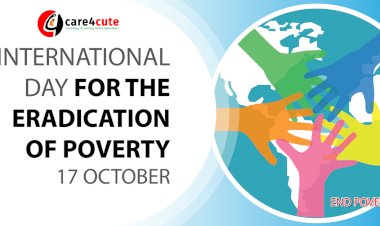How to wean off your baby from breast feeding?

When you think you should stop breastfeeding or your baby is no longer fit for your breast, then possibly it is time to commence weaning. There are some ways to wean your infant and these steps make it simpler for both the mother and the child. But, first and foremost you need to pick the right time.
When to Wean?
As per the American Academy of Paediatrics, breastfeeding is recommended till 6 months old and then you should serve a combo of breast milk and soli food till 1 year. But weaning is more of a personal choice and depends on what’s right for the family. As per a survey of AAP, most of the most wean their baby off breastfeeding when they are 4 to 7 months old.
How to wean your baby?
It is a one big thought! How do you stop breastfeeding? Well you do have a number of different options, but experts suggest you shouldn’t do it suddenly. Here are some practical weaning suggestions for your baby –
- Delay feedings –It is a simple yet efficient way: Just expand the time duration between feedings. Once you extend the time period by 30-40 minutes every week, it will deter your child. If your baby gets hungry in between, give solids. If the child is 6 months old, serve formula but if she is 1 year old give her whole milk.
- Lessen feedings – This approach allows you to shorten your feeding duration. Cut down the time of your breastfeeding by 1 minute every week. You should do it with a very slow pace so that the baby doesn’t realise that she is being cut short of milk supply and has to get it from somewhere else. If your baby gets hungry afterwards, then supplement with formula milk. If your baby is above 1 year, then serve whole milk.
- Skip one time feeding – In order to avoid upsetting your child or shocking, slowly give up one breastfeeding session and serve breastmilk in bottle in its place.
- Be ready for resistance – It is normal for your child to resist weaning. But, after some mourning for the loss of breastmilk, some kids start eating solids and liquids. Healthy babies usually start eating anything when they are hungry. However, those fussy ones will take some time.
- Engorgement – You will feel engorgement in your breast if you end breastfeeding very fast. Your milk ducts need to realize that they should lessen milk production as the milk is not going anywhere. If you experience engorgement, sooth the pain with ice pack. You can also use breast pump and give the pumped out milk to your baby in bottle or mix with cereal and feed them.
- Get your emotions right – It is not just your baby who has to accept and adjust weaning. You also have a whirlwind of emotions. If your baby misses breastfeeding, then as a mother you also feel rejected. Some mothers want their body back, some want the pleasure of breastfeeding. Though some of you just want to end breastfeeding, but it is better to embrace your independence. Make your child feel independent and relax.
- Give complete nutrition to your toddler – For those babies who enter into solid foods, most mothers should begin with 1 tsp of single grain or baby cereal. You should team it up with 4-5 spoons of breastmilk. Once your baby gets the taste and habit of cereal, you can give him pureed vegetables, meat and fruits. As per AAP, you should try few food after giving a gap of 3-4 days and monitor if your child doesn’t develop any allergic reaction to any food item.
Once your baby reaches 10 months of age, he may like to try finger foods or mashed items. You should make sure that you are providing sufficient calories, protein, fiber, vitamin and nutrition to your baby by the number of foods you are giving him/ her to eat.
If the child is 9 months or older, it is advisable that you wean directly to a cup so that you do not have struggle getting him/ her off the bottle after sometime. If your baby is above 1 year, then dress her with a zipper or buttoned shirt for easy weaning. Limit your nursing time and snuggle him/ her with complete attention. However, if you still need some guidance in this regard, then you can also consult your paediatrician. They will guide with all the do’s and don’ts.

 Dr. Preeti Mittal
Dr. Preeti Mittal 



































Comments (0)